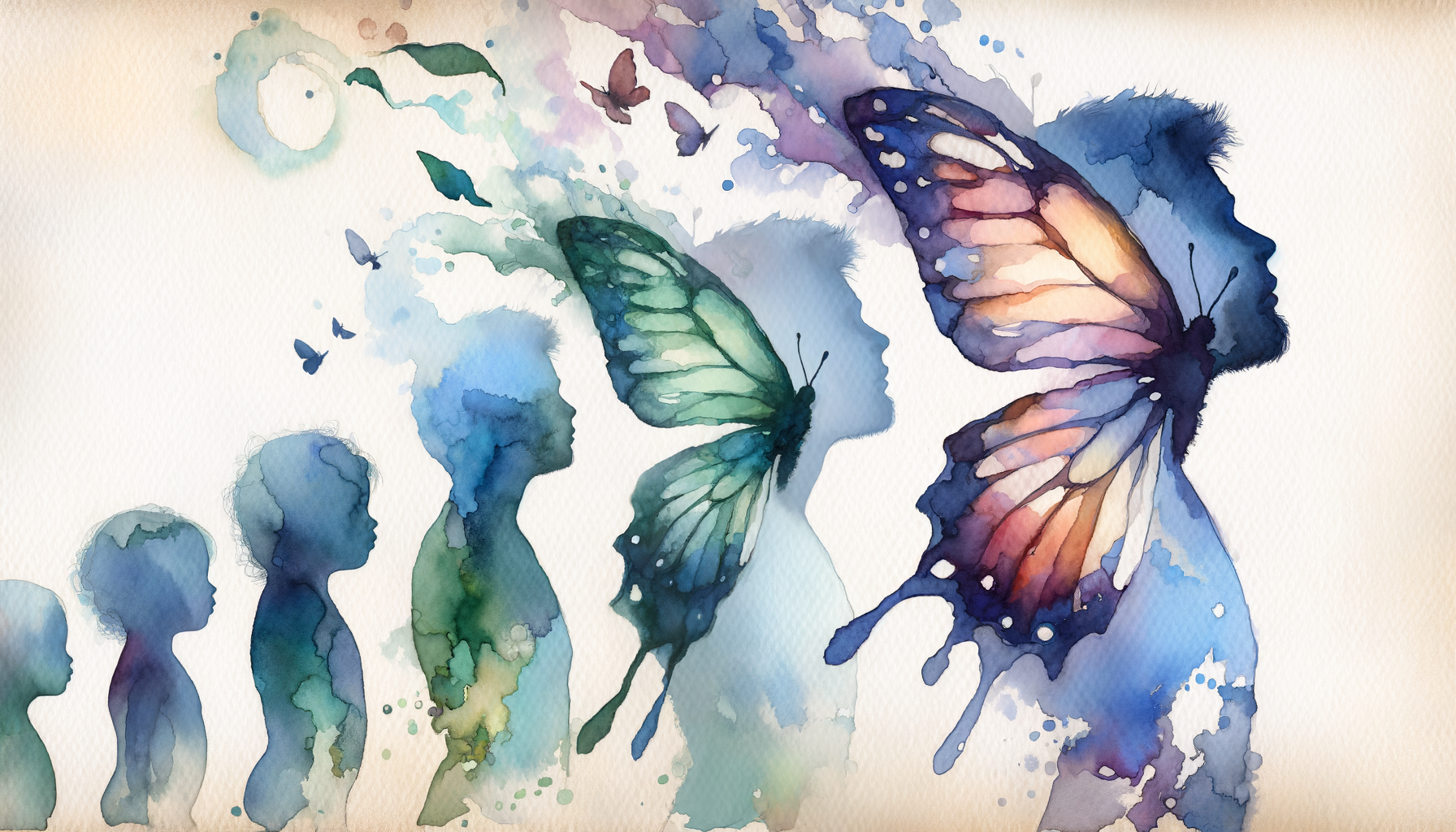What’s in a name? For most of us, it’s one of the first things we’re given, even before a stuffed teddy or that much-cherished baby blanket. Yet, as we grow, our name begins to intertwine with our identity, shaping how we’re greeted, introduced, and remembered. But here’s the kicker: how often do we stop to consider how much weight our name carries in telling the world who we are?
I’ll admit, I’ve long had a curious relationship with my own name—Oliver Wentworth. Growing up among Nantucket’s salt-sprayed shores, “Oliver” didn’t exactly scream “local.” It wasn’t strong and maritime like “Caleb” or breezy and timeless like “Kate.” Instead, it felt literary, perhaps too much so, like something pulled out of a dusty leather-bound novel. My namesake is most likely owed to a distant aunt’s fondness for Oliver Twist, but to me, a shy, curious kid spending afternoons daydreaming across tidal pools, my name always felt like it belonged to someone… else. Someone braver, someone with a sharper sense of self. I, on the other hand, was still waiting to grow into it.
In the world of dating and relationships, names can feel like the first bet you place on the card table of identity. They’re often the beginning of someone’s impression of you, even before your interests or your outlook. So, what does your name say about you, and how can you own it if it feels more like a borrowed jacket or a hand-me-down sweater? Let’s dive in.
The Name Game: First Impressions Matter
Picture this: you meet someone new at a party. Between the clink of glasses and the hum of conversation, they lean in to ask your name. It tumbles out, and then it happens. That pause, microseconds long, as the other person sizes it up.
“Oliver,” they might repeat with a subtle nod, their mind possibly drifting to images of Dickensian orphans or Colin Firth in period-piece breeches. At best, they think of Captain Wentworth (Persuasion, anyone?), a dashing naval hero I could hardly live up to most days. But there it is—their reaction, understated but telling.
Your name doesn’t just introduce you; it sets the tone. Nicknames, full names, even the way you pronounce it—it all weaves a tiny preview of your personality. When you use your full first name, does it sound regal and refined, or does it make you feel as though someone’s about to check your overdue library book fines? Can it make you the life of the cocktail party or the quiet intellectual no one forgets? Names are vessels: how they’re received depends entirely on how we command them.
Own It: Stop Apologizing for Your Name
For years, I used to preemptively explain my name when I’d introduce myself to strangers. “Hi, I’m Oliver,” I’d offer, quickly adding something like, “Yeah, kind of stuffy, right?” It became a nervous habit, smoothing any potential awkwardness before someone could associate me with bowler hats and waistcoats.
But then, during my time in Edinburgh—a city where the Gothic skyline practically oozes literary gravitas—I discovered something surprising. There, surrounded by pubs where everyone’s name might as well have been borrowed from Shakespeare, my “Oliver” actually suited me. Maybe it was the centuries-old charm of the cobbled streets, maybe it was the welcome neutrality of Scots never wrinkling their noses at it. Either way, I stopped apologizing for my own name. I started leaning into its old-world flair, its slightly bookish air, and realized that it didn’t just reflect who I was—it reflected who I wanted to be.
Here’s your reminder: whatever emotional baggage your name carries, snip it loose. Maybe it sounds like a 1970s soap opera star (looking at you, Chad), or it’s so painfully common the barista never even gets it wrong. Own it, and the world around you will too.
Romantic Names: Nicknames, Pet Names, and What They Reveal
When it comes to relationships, your name often shapeshifts. No longer just Oliver, you become “Oli”—or, if you’re lucky (or cursed), something even more absurdly affectionate like “Oli-bear.” These aliases aren’t simply for convenience; they reflect intimacy and the private shorthand between two people.
During one relationship, “Oli” was shortened further to just “O.” I loved how casual yet specific it sounded, like I wasn’t just a person but the only person. Yet, it was also a reminder of how names adapt in love. They’re playful handles of closeness, a language refined between two people who slowly peel back each other’s layers. A pet name might sound silly in the moment, but it can create its own legacy within your shared dynamic. Never underestimate how a nickname can bring both closeness and comedy to the table.
If you’re not quite sold on the nickname thing, take it slow. Build it naturally. Trust me—there’s a world of difference between being “Angel-face” by date three versus “Muffin-cheeks” out of nowhere. Let it evolve like an inside joke. If it sticks, it’s yours forever. And if not? At least you’ve got a good story.
How to Make Your Name Work for You
Your name won’t define you—but it absolutely can act as your co-pilot. With that in mind, here’s how to make sure yours is pulling its weight in telling your story:
-
Keep It Authentic: Whether you prefer a full name introduction (“Hi, I’m Isabella”) or the familiarity of a nickname (“Call me Izzy”), go with what feels natural. Being yourself starts with something as small as this choice.
-
Ace the Delivery: Confidence counts. When saying your name, avoid downplaying it with a second-guessing shrug. Try meeting someone’s eye, saying your name clearly, and letting it land. It’s a small move with a big impact.
-
Add Flair When Necessary: Feeling playful? Drop a cultural reference or a quick joke when meeting someone new. (“Oliver—classic, I know. Think fewer pirates, more poetry majors.”)
-
Let Your Partner Pick the Nickname: In relationships, embrace any pet names that evolve naturally. These aren’t just cute—they’re markers of the unique ways someone sees and loves you.
Chapter One of Your Story
By the time I moved back to Nantucket after years away, I felt at peace with my name. No longer “Oliver the Kid Who Hates Gym Class” or "Oliver the Overthinker," it had become the foundation of how I introduced myself, to new friends and would-be sparks alike. And those literary associations? I began to welcome them. At its core, my name threads back to who I am—a storyteller, awash in a mix of history, whimsy, and personal growth.
Ultimately, our names are more than just ticket stubs handed to us at birth. They’re entrances, openings, sometimes rough drafts that we have the power to edit, refine, and own. Whether you’ve always loved your name or you’re still in a decades-long standoff with it, the way you embrace it can tell others what to expect—and remind you who you truly are.
So, what’s the story behind your name? Better yet, how do you let the world meet it? Because, in the end, whether you’re Oliver, Olivia, or something gloriously unique, that small collection of syllables is your lighthouse—or, if you prefer, your sea shanty.




















